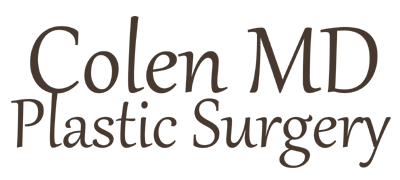Most of the time, I write for those interested in possibly getting a labiaplasty, vaginoplasty or other cosmetic / reconstructive surgery. But let me talk now to those who are considering pursuing plastic surgery as a career.
If you want to get into the field, if you’re still in high school, be sure to take as many advanced classes as possible, and do your best to earn all A’s and B’s in all classes. Get involved in several extra-curricular clubs and activities. These will help you get into a good college, as will a good ACT / SAT score.
Once you make it to college, your major should be biology, physics, chemistry or perhaps another required pre-med course that the medical school would like to see. By all means, have fun in college, but more importantly, if you’re serious about a plastic-surgery career, study diligently. You need to consider it a priority to earn competitive grades in your science classes. Remember that your prospective medical school will look seriously at your science GPA. This will be almost as important to them as your Medical College Admission Test score.
Start applying to medical schools near the end of your third year in college, and be sure to apply to several. Many people find themselves applying to eight or ten institutions. This will make it more likely that you’ll be accepted to at least one quality school.
In your final year, you’ll start getting responses from the schools to which you’ve applied, and hopefully some will invite you to interview. During this interview, if it looks like you’ll be able to choose from two or more schools, be sure to ask about the school’s plastic surgery program so you can decide which one is right for you.
Assuming you’ve made it this far, after you finish medical school, you must complete a residency of 6 or 7 years. This might be broken down as 3 years in general surgery and then another 3 or 4 in plastic surgery. To make it into a residency, you’ll first go through a matching process to pick a plastic surgery program (and then be selected for it). Here’s how this works: You make a list of residency programs you’re interested in, and the school / hospital makes a list of their preferred students….and hopefully there’s a match.
If you make it through this entire challenging process, you’ll be well on your way to work hard during your training so that someday you can become successful in the field of plastic surgery.


